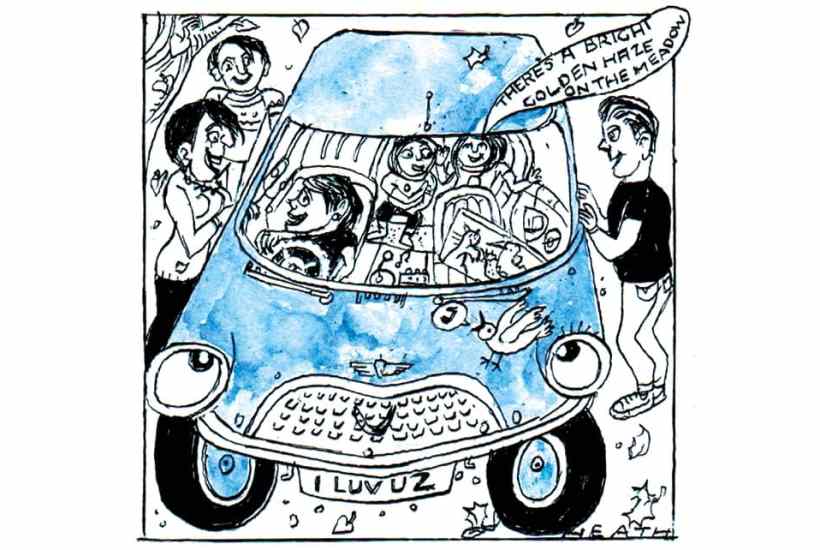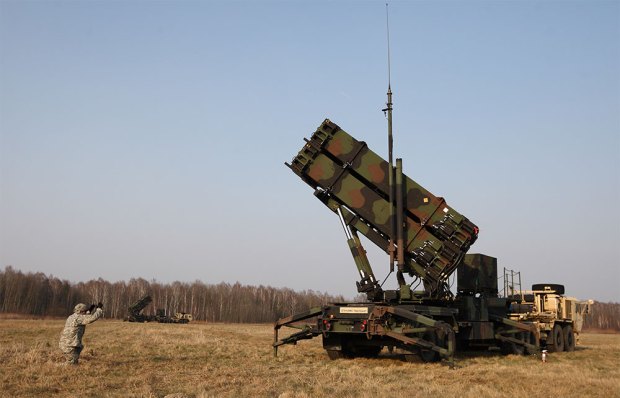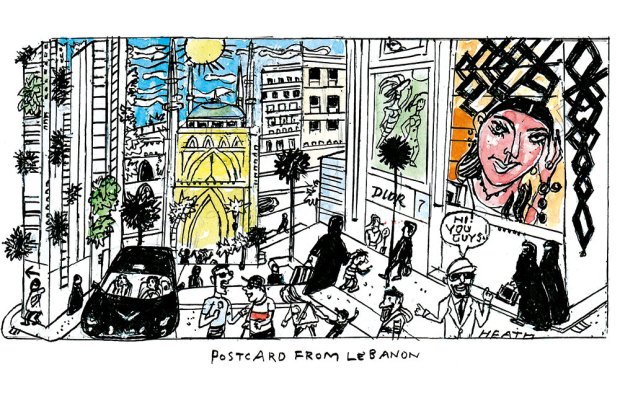Almost 100 years ago the writer Virginia Woolf advised women to find themselves a room of their own: a refuge away from the busy, crowding demands of life, where they could focus instead on themselves and write, think, be. At a time of austerity, when space is at an expensive premium and when post-pandemic empty nests have been re-occupied by returning offspring and spare rooms newly identified as shared office space, I have found an alternative sanctuary.
For the past 20 years or so my refuge was my car, acquired with the first real money I ever earned as a writer. My Mini offered me an unconditional escape during the milestones, the turbulence, the highs and lows of two decades. It was an unchanging place of stability and comfort, seeing me through the challenge of house moves, of becoming successively an orphan, a wife (for the second time) and a grandmother. This space bore witness to the day I published my first book and usually supplied the means in which I travelled to research the others. It is a place where I wept, laughed, had entire bars of Fruit & Nut all to myself and belted out Abba songs at the top of my lungs, all inhibition banished. The front seat offered me a place in which at the push of a button, the intimacy of radio introduced me to novelists, to political argument, to memories of the rich, famous and not famous enough, and in which I learned to love classical music. Hidden within the dashboard and the side pockets, I amassed a couple of decades’ worth of life clutter, where almost-empty bottles of scent jostled with packets of stale fudge, exhausted biros, old envelopes scribbled with long-abandoned illegible plans for new books, half a pair of earrings, and a slightly sticky, much-thumbed copy of Where the Wild Things Are.
Most of the time I was the sole occupant. During the pandemic here was a hideout in which I could move around without risk of falling foul of the laws of isolation. During those first strange, poignantly beautiful spring weeks of lockdown, when the sense of entrapment and fear was at its most intense, the desire for some sort of escape grew by the day. The chance to leave home legitimately to pick up ‘essentials’, masked up, in a space occupied only by me, provided an almost superhuman soaring sense of freedom. Winding through empty country lanes frothing with cow parsley and alive with birdsong felt spiritually exhilarating at a time when I feared such liberties might be lost for ever. Occasionally I would creep from the house, shut the car door and sit alone in the dark, silent driveway, lit only by the moon, unravelling thoughts with a clarity that felt elusive when sitting at my desk. A friend, perhaps influenced by Alan Bennett’s neighbour (so brilliantly depicted on film by Maggie Smith), kept a camper van on the street outside her house, not to live in, nor for adventures, but more ‘to sit in and croon over when bits of life are overwhelming’.
Over the years I welcomed the dearest of friends into this precious space, as well as complete strangers and often my growing family. Belting out the tuneful affirmation that there’s a ‘bright golden haze on the meadow’ accompanied by a choir of children occupying the back seat is the best spirit-lifter I know. Sometimes my car assumed the identity of a confessional. With the self-consciousness of a face-to-face encounter lifted, confidences were exchanged, advice given, embraced and rejected, amends made, ideas explored, voices raised and softened, apologies given and received, gestures of generosity and love expressed, tears shed, and laughter floated through the open window.
But last week this machine, with which my connection sometimes felt almost human, began to make a strange death-rattle sort of noise. I feared the worst. The diagnosis my garage gave was as heartbreaking as it could be. Without spending vast sums on a new starter motor, oil tank and water system, it would not even be worth trying to put it in for an MOT. The prognosis was terminal. Ridiculous as it seemed to friends and family – ‘There will be loads of second-hand ones available… it’s just a hunk of scuffed metal,’ they said – I felt bereft. This was the dependable machine in which I had experienced every possible emotion and in which I had travelled not only all over Britain but across the sea, when the thrill of taking a car on a ferry seemed so much more exciting than any journey that began in an airport. A part of my life was over.
I have now bought a new car… new to me but which only recently belonged to someone else. From the accompanying paperwork, I know that the sole previous owner was a woman. There is no evidence of the sort of person she might have been, no empty sweet wrappers, no stray earring hidden in the dashboard pocket, no scrumpled piece of paper with a few lines of poetry tucked into the folds of the seat, such as must still be left in my own now-mortal car on its way to burial in the Mini graveyard. But there is something lovely in knowing that my proud new possession (another Mini, of course) once offered refuge to a different owner. As I close the door and settle into the driving seat, I feel excited about a new space in which to enjoy the individual freedom to think and to be, just as Virginia Woolf advised.
Got something to add? Join the discussion and comment below.
Get 10 issues for just $10
Subscribe to The Spectator Australia today for the next 10 magazine issues, plus full online access, for just $10.
You might disagree with half of it, but you’ll enjoy reading all of it. Try your first month for free, then just $2 a week for the remainder of your first year.














Comments
Don't miss out
Join the conversation with other Spectator Australia readers. Subscribe to leave a comment.
SUBSCRIBEAlready a subscriber? Log in